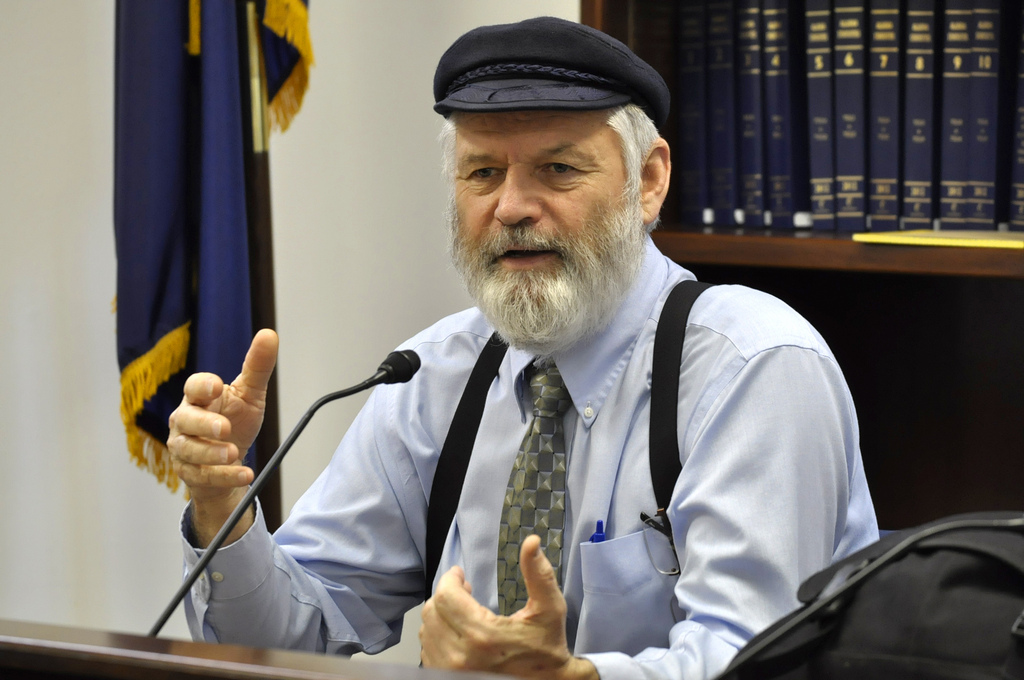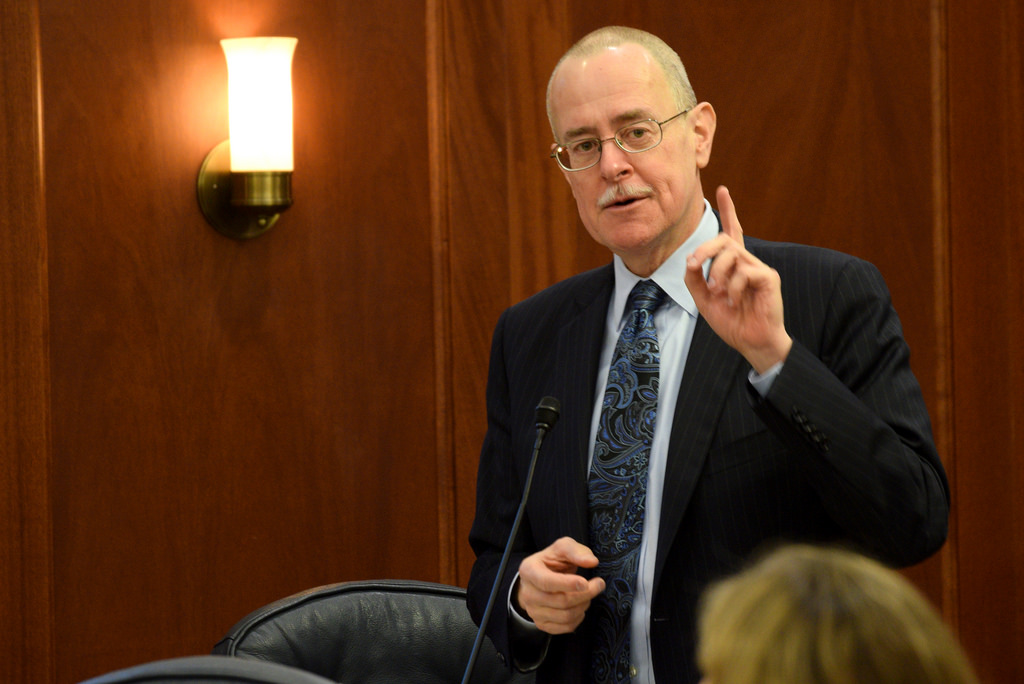A bill to address funding shortfalls for a state hazardous spill cleanup program died in a legislative committee Monday.
For years, an existing 4-cent per barrel surcharge on oil producers hasn’t covered the Division of Spill Prevention and Response’s costs. And the division has nearly exhausted its savings.
The legislature can keep the spill division whole in the future with one-time budget fixes, or by bumping the surcharge up to 7 cents through House Bill 325. But the bill never got the support it needed in committee, and proponents know they’re out of time.

“There’s not much time left in this legislature. I mean, nobody is thinking we’re going to zoom through both sides of the legislature, on a bill that is — especially one that is, is talking about tax,” said Rep. Paul Seaton.
The Homer Republican was speaking to the House Resources Committee. He and Rep. Cathy Muñoz, R-Juneau, carried the bill.
Rep. Mike Hawker, an Anchorage Republican, wouldn’t support the bill because he thinks the program’s management is lacking and that the existing surcharge is unfair.

“I don’t see an analysis that’s matching costs and expenses, which is what we need to be doing here. I still remain really concerned that this approach does simply say, ‘Tax the guys with the deepest pockets,’” he said.
That tax burden is almost exclusively on crude oil producers, though the revenue is used for any type of hazardous spill from any industry or even private citizens.
Hawker called the spill fund a department “slush fund” in 2013, the last time Seaton tried to raise the tax.
The latest version of the bill that Muñoz and Seaton offered would have spread the tax burden by creating an additional half penny per gallon surcharge on refined petroleum products, like heating fuel.
Spill Prevention and Response Division Director Kristin Ryan said just this weekend, the division responded to a spill from a vandalized fuel storage tank at a Juneau hotel.
“We were there, you know, we got called out there I think in the middle of the night Saturday night, because people smelled, you know, they smelled the petroleum. So we went out there with sensors with the fire department,” Ryan said.
They cleaned up what they could and will send the hotel a bill.
This is another cause of the division’s budget shortfalls. Theoretically, the party responsible for a spill must reimburse the division. But in reality, there may not be a responsible party, or the party the state thinks is responsible doesn’t agree. Historically, the division has only been able to recover about half of what it seeks. In some cases, it can take years and court battles.
The committee held the bill and instructed the division director to continue refining her spill accounting for the next legislature. Seaton and Muñoz say they want to keep the idea percolating in the interim, and will reintroduce the bill next year — if they’re re-elected.
